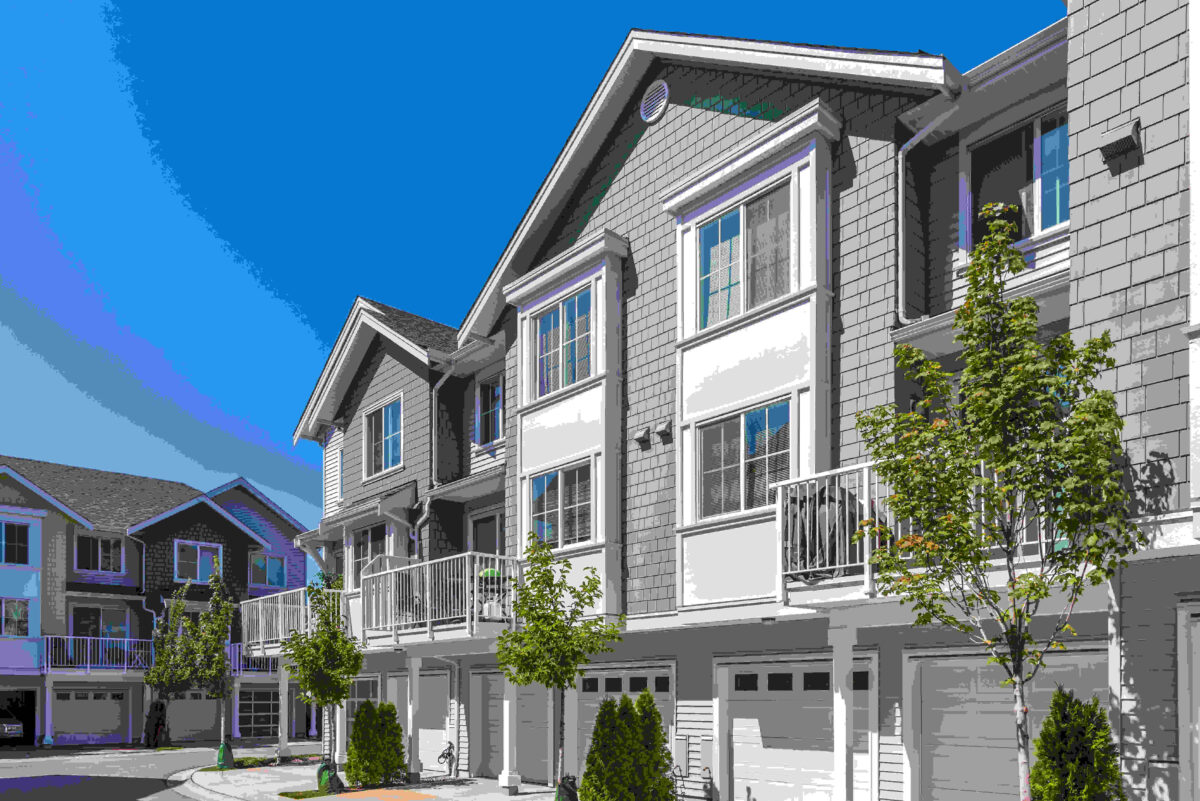
When homeowners fail to meet their financial obligations, condo and homeowner associations are equipped with the powerful tool of placing liens on properties. This legal recourse serves as a critical method for ensuring compliance and maintaining the fiscal health of the community. Understanding the process involved in handling condo and HOA liens is essential for both property owners and association boards. Please continue reading to learn more about the legal process for handling condo/HOA liens and how our seasoned Florida condo & homeowner association attorneys can help.
What Triggers Condo/HOA Liens?
In Florida, condo associations and homeowners associations (HOAs) have the authority to place liens on properties for unpaid dues or violations of community rules. This legal measure ensures compliance and financial stability within the community.
Typically, a lien is triggered when homeowners fail to pay their assessments. These assessments are crucial for the maintenance and management of common areas in residential communities.
How Is a Lien Filed Against a Property?
The process begins with a formal demand for payment. Homeowners must receive written notice detailing the amount owed, including any additional fees.
According to Florida Statute 718.121 for condominiums and 720.3085 for HOAs, the notice should be delivered at least 30 days before initiating lien proceedings. This period allows property owners a chance to settle their debts without further legal action.
If the homeowner does not pay within this timeframe, the association may proceed by filing a claim of lien with the county’s recorder office. This claim must be recorded officially, and it secures the association’s right to pursue further legal remedies.
What Are the Consequences of a Condo/HOA Lien?
Once a lien is placed on a property, it creates several consequences for the homeowner. Primarily, it can hinder their ability to sell or refinance the property. A lien must be satisfied—either paid off or settled through negotiation—before any transfer of property ownership can occur.
Furthermore, if the debt remains unpaid, the association may eventually foreclose on the lien. Foreclosure is a serious action, typically seen as a last resort, but it is within the rights of the association under Florida law.
Managing condo and HOA liens involves understanding both the rights of the association and the responsibilities of the homeowners. Associations must follow precise legal protocols when dealing with delinquent payments, ensuring fairness and legality in their actions.
Homeowners, on the other hand, should be aware of their financial obligations and the potential legal repercussions of non-compliance. By fostering open communication and timely payments, most disputes over liens can be resolved without escalating to serious legal conflicts.
If you have further questions or require the assistance of a knowledgeable attorney, please don’t hesitate to contact Ansbacher Law today.

